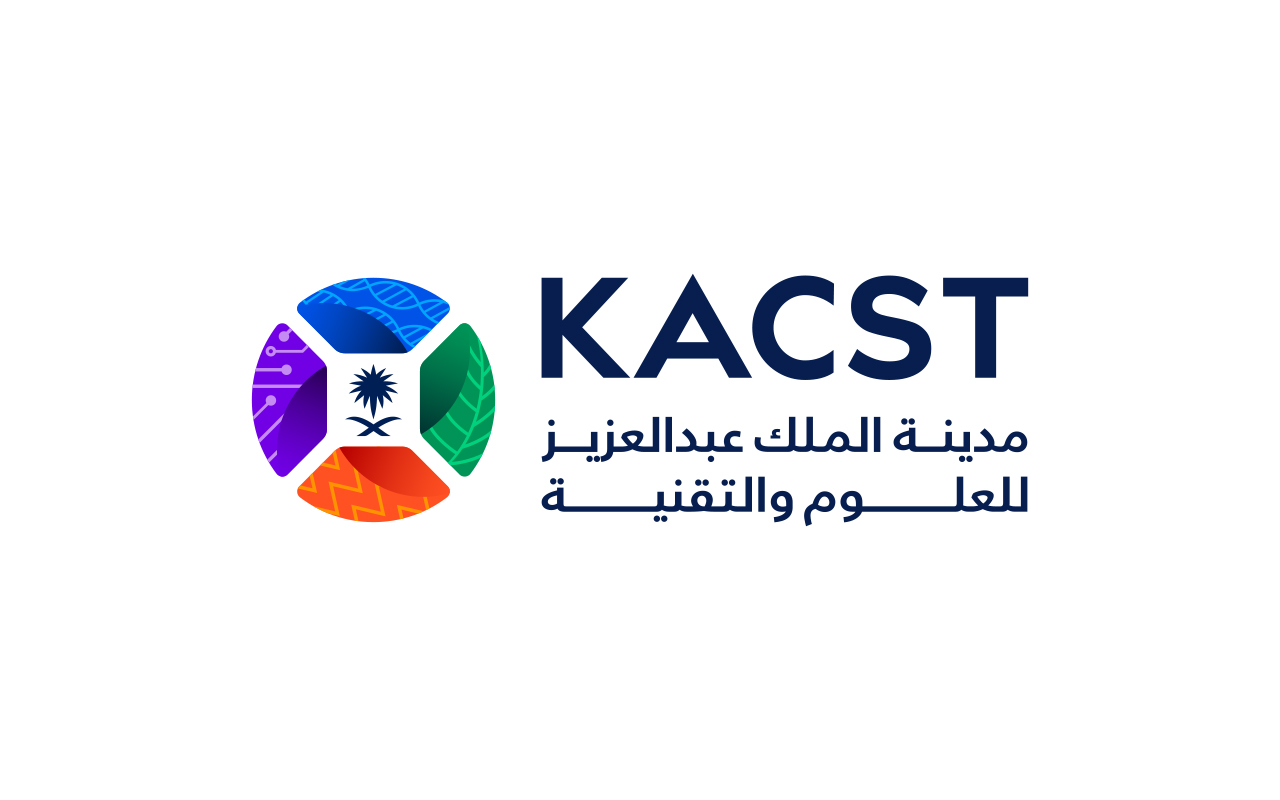Center for the Fourth Industrial Revolution
The Center for the Fourth Industrial Revolution is a center focused on adopting and supporting emerging technologies for the benefit of society in the Kingdom of Saudi Arabia. It was launched as part of the First Saudi Forum for the Fourth Industrial Revolution on July 28, 2021, through a collaboration between King Abdulaziz City for Science and Technology (KACST) and the World Economic Forum (WEF). The center is located at the KACST headquarters in Riyadh.
Objectives of Center for the Fourth Industrial Revolution
The center aims to leverage Fourth Industrial Revolution technologies in the Kingdom. It collaborates with government entities and the private sector to contribute to the design and development of new approaches that facilitate the adoption and governance of these technologies. The center also contributes to accelerating the development and implementation of policies, principles, and protocols related to the governance of Fourth Industrial Revolution technologies. Additionally, it empowers national capabilities by providing practical international expertise to develop key governance skills in this field of the Fourth Industrial Revolution through fellowship programs.
Platform of the Center for the Fourth Industrial Revolution
KACST has launched a platform dedicated to the center. This platform involves multiple stakeholders, including the government sector, the private sector, and civil society, with the goal of developing policy frameworks and governance that support Fourth Industrial Revolution technologies in the Kingdom. The platform focuses on several key areas:
- Agile governance: Regulatory and oversight bodies rely on agile governance, collaborating with various parties to develop sustainable governance that keeps pace with the rapid development of Fourth Industrial Revolution technologies while preserving the human element. Tools used to benefit from science and technology include industrial standards, regulatory sandboxes, and results-oriented regulation.
- Artificial intelligence (AI) and machine learning (ML): The rapid advancement of ML technologies has led to various societal issues, such as the unethical use of data, necessitating solutions for sustainable and safe applications.
The expansion of AI applications and systems has increased the need for collaboration among different parties to maximize their benefits. This includes applying ML governance to ensure transparency, privacy, accountability, and Integrity.
- Autonomous vehicles and drones: The transportation sector is experiencing significant changes, being a crucial element in economic development. Innovations include drones, driverless vehicles, electric vehicles, and vehicle-to-vehicle (V2V) communications feature.
Drones enhance agricultural sector returns, reduce risks in other sectors, and facilitate access to remote areas. In the future, they will contribute to transforming human and product transportation, thus supporting the economy. However, global governments face challenges in balancing innovation encouragement with public security preservation, affecting investment activities and private sector expansion. Operating millions of drones requires effective management of airspace, infrastructure, data ownership, and privacy policies.
- The future of blockchain and digital currencies: Blockchain technology allows decentralized and secure information storage and transmission. It has proven effective in financial transactions and shipment tracking, increasing efficiency across various entities, and supporting trust while reducing corruption. This technology empowers users in transactions and is currently used in sectors such as energy, finance, shipping, and media.
Developing blockchain applications requires policies that consider the needs of all sectors and enable operations across diverse, scalable platforms. The platform aims to accelerate the development of governance principles and support the infrastructure for digital technology applications.
- The future of the Internet of Things (IoT) and digital transformation (DX): IoT technologies involve the interconnection of devices and data exchange between them, such as applications that monitor building energy consumption or cars that predict and prevent accidents. Due to technological advancements and the decreasing cost of computing, storage, and communication services, the number of internet-connected devices is expected to multiply in the future.
